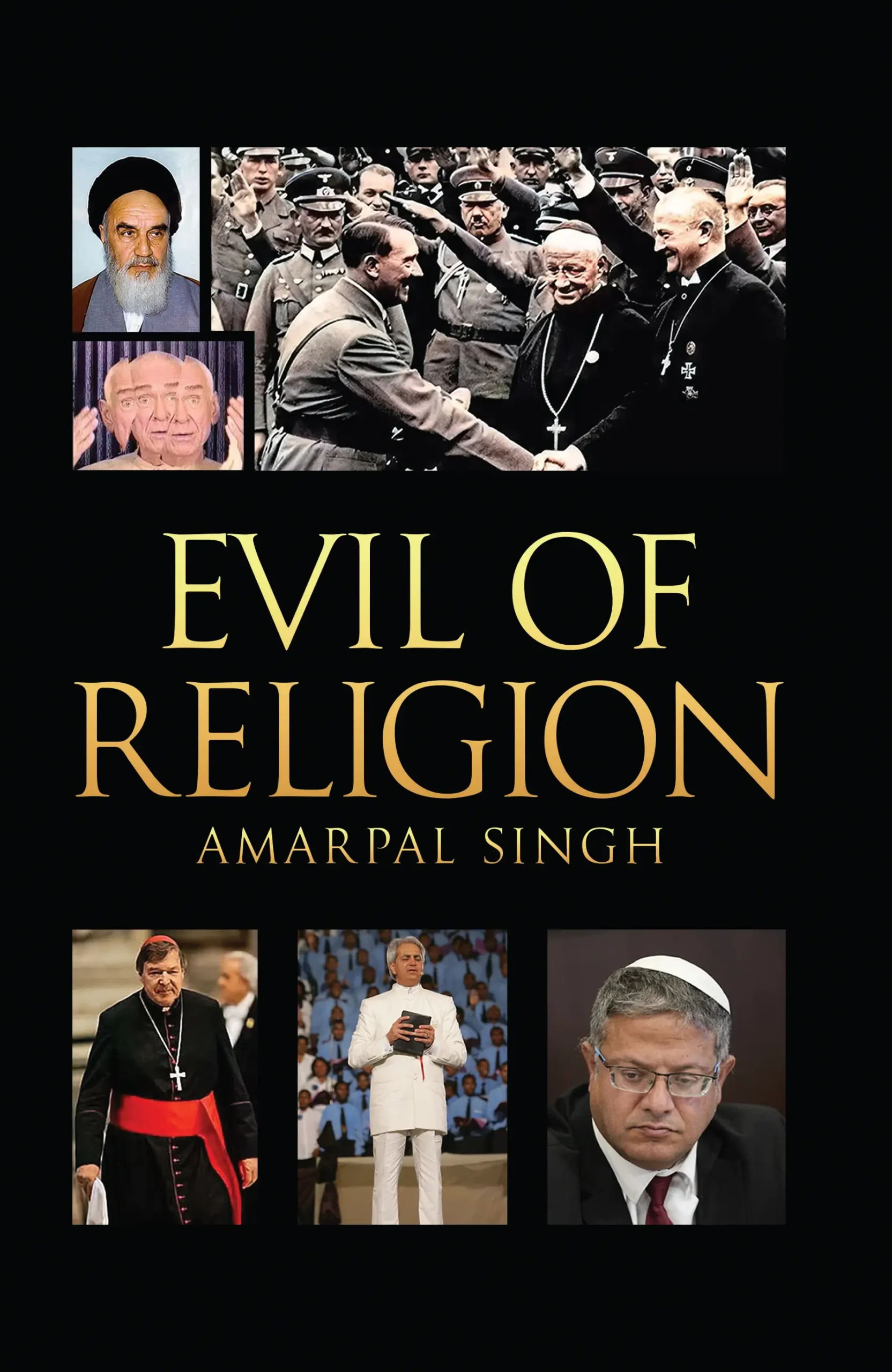Religion, with its deep roots and various traditions, often operates as a double-edged sword.
At one end, it provides solace and structure to many while also imposing constraints that can stifle individuality and perpetuate harmful practices. In South Asian communities, the concept of piety is frequently disguised as a noble virtue, but beneath its surface lies a control and manipulation mechanism. These traditions, often labeled as cultural or religious entities, serve to uphold the egos of those in power while subjugating the practitioners under the guise of morality and respect.

At the heart of this phenomenon is an obsession with perception—how others perceive us takes precedence over who we truly are. Similarly, the notion of honor, often tied to family and community reputation, dictates behavior and choices, stripping individuals of autonomy. This so-called “respectable way of life” often conceals a darker reality of abuse, repression, and a denial of basic rights—that is, not piety at all, but more of control and manipulation.
When combined with tradition, religion builds walls that confine rather than liberate. For instance, scriptures, in this context, are used selectively, not as sources of wisdom but as tools to justify ego-driven decisions. The outcomes of such control are devastating, where generations are taught to prioritize compliance over critical thinking, leading to cycles of injustice and degradation. And when confronted with the harm caused by their actions, those in power often evade accountability, blaming fate or divine will instead of themselves.
Authority without responsibility is also a hallmark of this system. Decisions are made with little regard for their impact on others and are justified by vague references to religious principles. The resulting harm, whether emotional, social, or physical, is dismissed as destiny or the will of a higher power. Those who refuse to take ownership perpetuate a culture of impunity, where those who suffer are left to reconcile their pain alone.
This dual face of religion’s role in these dynamics cannot be ignored. It provides the framework within which these traditions thrive, lending them an air of legitimacy. While these institutions and religious dogmas are supposed to be responsible for the true essence of spirituality—compassion, understanding, and the pursuit of truth—they frequently overshadow this by strictly enforcing these rules designed to maintain power and control.
Therefore, to challenge these systems is not to reject faith but to demand that it align with its highest ideals. In an increasingly interconnected and aware world, the challenge lies in navigating the balance between preserving cultural heritage and dismantling oppressive traditions—which requires courage and compassion and confronting these issues head-on so that we can hope to create a world where faith inspires liberation rather than oppression. The Evil of Religion by Amarpal Singh can help!
This a type of book that encourages us to question the intentions and practices of religious organizations, to look beyond surface-level teachings, and to scrutinize the power dynamics at play. This book is an eye-opening examination of how faith, when co-opted by powerful institutions and manipulators, can become a force of harm rather than healing.
For those ready to face tough questions about the role of religion in society and how they act secretly to promote discrimination, injustice, and chaos, The Evil of Religion offers an unfiltered perspective that is as unsettling as it is illuminating.
In short, this book is a bold critique that will make us think twice about the institutions we trust—and about the true cost of following faith and religious institutions blindly.
Get your copy on Amazon: https://www.amazon.com/dp/B0D7TT3TMH.